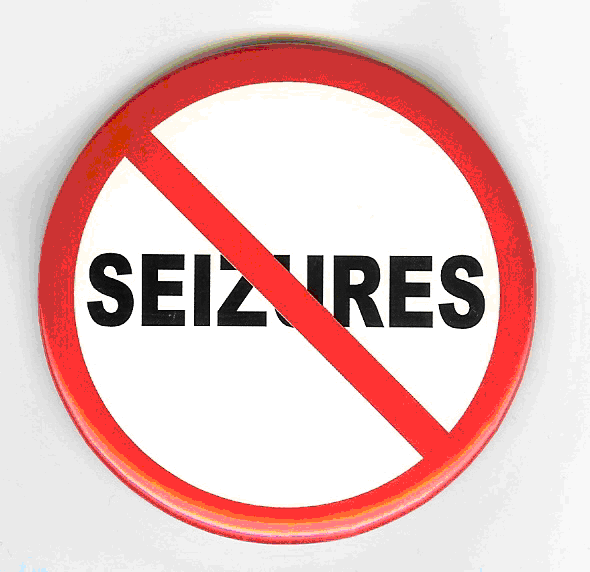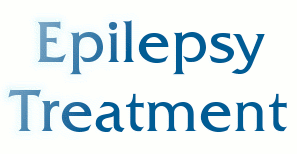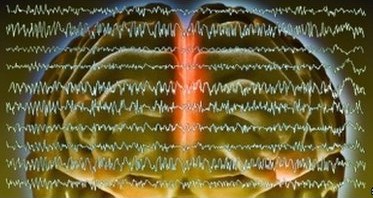An acquired brain injury (ABI) is the impairment of normal brain function due to a neurological insult, such as: open or closed head injuries (traumatic brain injury or T.B.I.), select cerebral vascular lesions (i.e., aneurysm, hemorrhage, brain stem stroke), hypoxic event, intracranial tumor, select neurological diseases (i.e., encephalopathy). Well, that is a technical definition. Not very
satisfying, is it? It’s very impersonal and doesn’t really even begin to answer the question. For something as complex as brain injury, there are no easy definitions or answers. Continue reading



